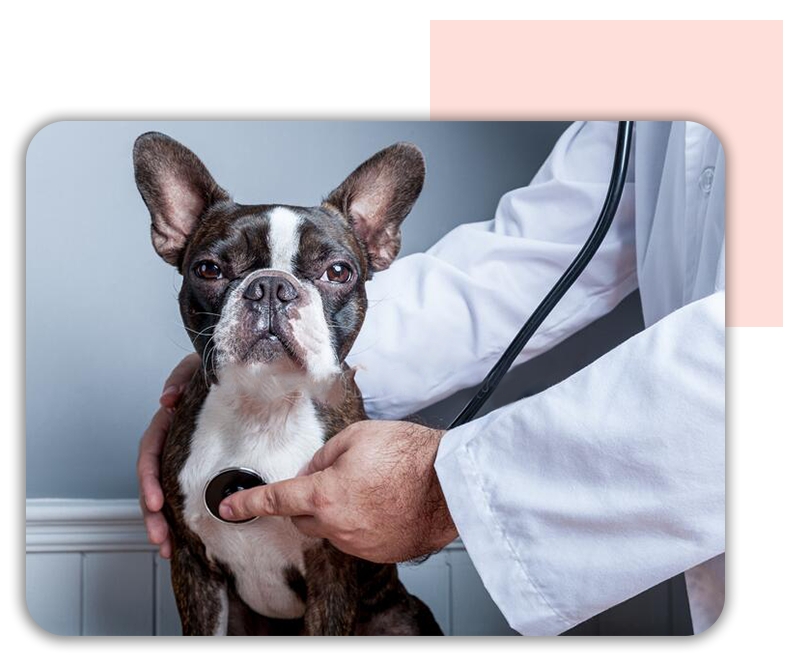Heart diseases are quite common in animals and can be adequately handled in most of the cases. Veterinary cardiologists focus on diagnosing and treating disease of the heart and lungs which include:
- Congestive heart failure (CHF)
- Heart muscle disease (Dilated cardiomyopathy or hypertrophic cardiomyopathy)
- Age related changes to the valves of the heart (Degenerative mitral valve disease)
- Coughing and other breathing problems
- Congenital (present at birth) heart defects
- Cardiac arrhythmias
- Disease of the pericardium (sac surrounding the heart)
- Cardiac tumors
- High blood pressure
- Pulmonary hypertension
Diagnosis is done via most advanced diagnostic tests, including echocardiography, electrocardiography, Holter monitor recordings, radiographs, and cardiac catheterization which can successfully diagnose heart disease in a wide variety of animals.based on these essential tests and physical examination findings, treatment options are chosen according to the patient animal’s condition. Early diagnosis and appropriate therapy of cardiac conditions can help the pet to live a longer and healthier life.

- Coughing
- Breathing problems or shortness of breath
- Heart failure
- Acquired heart disease
- Heart murmur
- Arrhythmia (irregular heartbeat)
- Weakness, fainting, or collapse
- Arterial hypertension (elevated systemic blood pressure)
- Pulmonary hypertension (elevated lung blood pressure)
- Infectious diseases like heartworm disease or bacterial heart infections
- Congenital heart disease (birth disorders)
- Prevention of heart failure
- Safe and effective long-term health management
- Improvement and maintenance of quality of life
- Assessment for the risk of anesthesia
Most of the procedures used for diagnosis are non invasive and need to be safe and rapid. According to this criteria cardiology may be of three types:
- Medical cardiology: It includes basic and advanced diagnostic procedures like echocardiography, radiography, ambulatory ECG and cardiac catheterization. The goal of these procedures is management of heart diseases, heart failure, cardiac arrhythmias and chronic respiratory diseases.
- Interventional cardiology: It is done for correction of cardiac disorders by passage of catheters and/or instruments into the beating heart. It includes pacemaker implantation, balloon dilation of valve stenosis and PDA closure.
- Cardiac surgery: It includes basic and advanced type of cardiac surgeries to correct a variety of congenital and acquired heart diseases.
Depending on the animal’s condition, diagnostic testing and treatment may include:
- Echocardiography (sonography): It is non invasive ultrasound imaging of the heart.
- Electrocardiography (ECG)- Electrical reading of the heart’s rhythm is done in a non invasive way.
- Blood pressure evaluation
- Holter monitoring (24 hour imaging)
- Radiography of the chest and lungs
- Surgical repair of congenital heart defects
- Cardiac catheterization procedures
- Balloon valvuloplasty to dilate narrowed valves
Pacemaker implantation for animals with too slow of a heart rate
Meet our team members
Meet our team members











